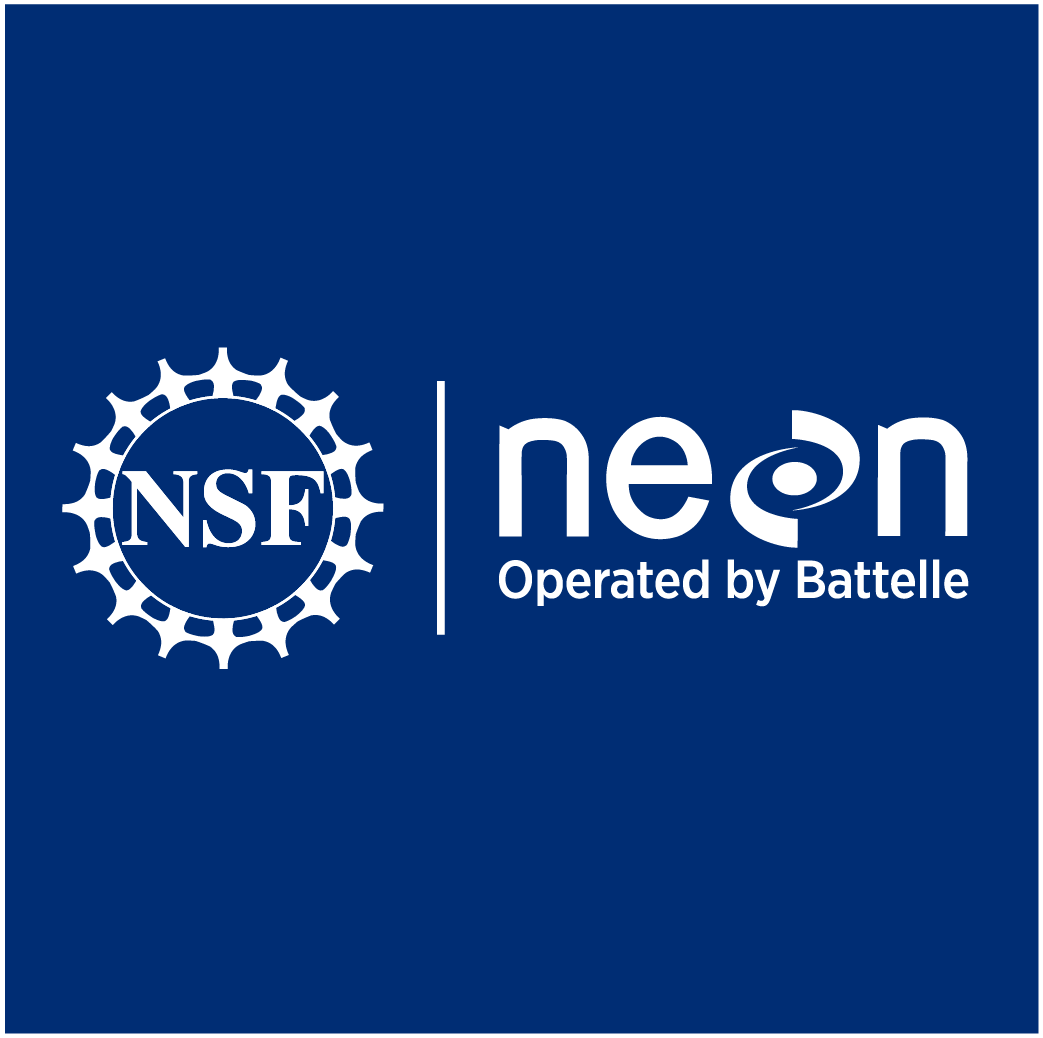NEON Data in the Classroom: Faculty Mentoring Networks Offer a Low-Investment High-Output Means of Creating and Implementing Data-Centric Classroom Materials
Author(s): Megan A. Jones
National Ecological Observatory Network
1054 total view(s), 231 download(s)
Description
This ePoster presents the Faculty Mentoring Network model as a way to support faculty creation and implementation of data-centric classroom teaching activities. It focuses on the NEON Data Education FMN. This ePoster was presented at the American Geophysical Union Fall Meeting 2018 in Washington, DC.
Poster Abstract:
One of the barriers frequently cited by faculty wanting to implement data-driven curriculum is the lack of support in implementing a new style of teaching in the university classroom. The Faculty Mentoring Network (FMN) model, as supported by the QUBES collaboration, is a mechanism for providing support for faculty interested in creating and/or implementing data-driven curriculum. The National Ecological Observatory Network (NEON) Data Education Fellows Faculty Mentoring Network is a collaborative effort between scientists from the NEON project and university faculty interested in using NEON data. It is hosted on the QUBESHub, a collaboration and education materials sharing platform. The goal is to provide undergraduate faculty with open access tools, resources and support to help them bring quantitative methods into their ecology and biology courses using NEON data.
The NEON FMN model provides support for faculty through 1-hour meetings, every other week. The meetings provide time for faculty to ask questions regarding challenges that come up in the classroom or that they foresee encountering. Discussion topics are chosen to provide faculty with a framework for sound creation and implementation of the materials, to access and use NEON data, and to publish and disseminated Open Educational Resources (OERs). In the inaugural NEON FMN spring 2018, all active participants currently teaching implemented a data centered activity with their students. In a post-FMN survey, 60% of respondents said they were extremely likely to continue using their FMN materials in their classrooms, the other 40% said they were 'somewhat likely' to continue to do so. Additionally, 60% of respondents stated participation in the FMN helped them implement their data-centered activity 'a lot' or 'a great deal' while the other 40% said it helped 'moderately'. Five of the eleven participants also published their OER on QUBESHub within two months of the FMN concluding. Within the same two months these five modules were collectively downloaded 171 times. The FMN model, as implemented by NEON, facilitates the creation and implementation data-driven curriculum for the undergraduate classroom with minimal but semester-long support by peers.
Cite this work
Researchers should cite this work as follows:
- Jones, M. A. (2018). NEON Data in the Classroom: Faculty Mentoring Networks Offer a Low-Investment High-Output Means of Creating and Implementing Data-Centric Classroom Materials. NEON Faculty Mentoring Network, QUBES Educational Resources. doi:10.25334/Q4CX4K
